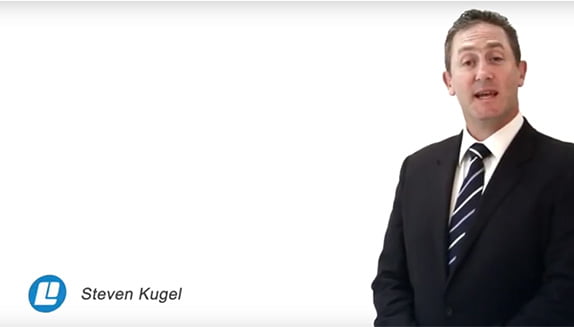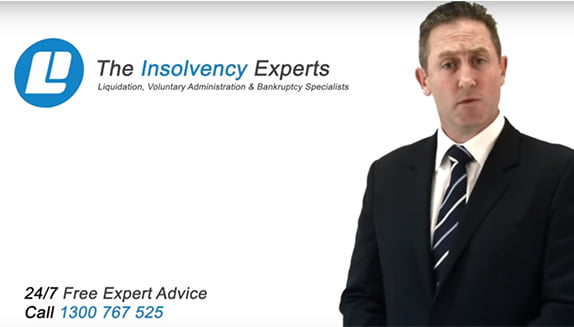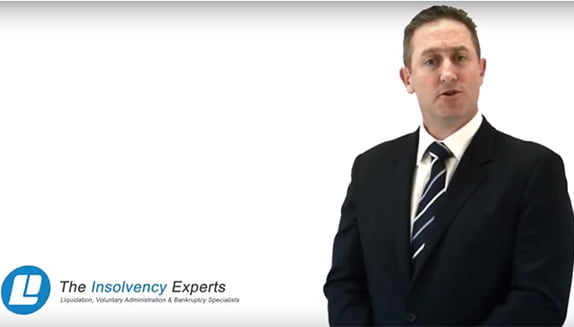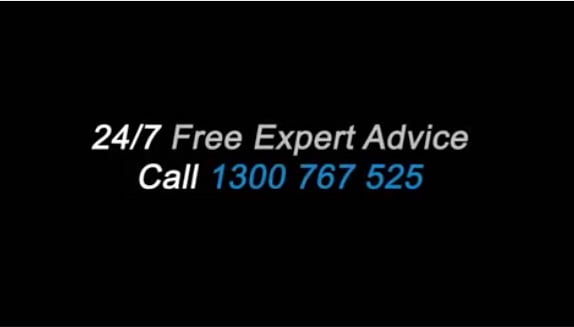Low Cost Liquidations
Licensed Expert Answers All Calls 24/7
(Not a Call Centre Salesperson!)
The Insolvency Experts - Everything you need to know - Free of charge and without obligation

We know all of the options available to you
We know all of the options available to you
Does a Liquidation affect credit rating?
Will creditors stop calling me after liquidation?
How long does it take to liquidate a Company?
Free Consultation
Call 1300 767 525 anytime or fill in your details below and one of our expert advisers will get back to you within 30 minutes!
Out Story and Key Credentials
We are a specialist insolvency practice providing free 24 hour advice to company directors & individuals throughout all states & territories of australia.
Our highly experienced & trusted professionals are qualified, licensed & regulated by the asic.
Established in 2006, we were the original, low cost liquidation provider and have since helped thousands of directors and hundreds of companies in a wide array of industries.
-
24/7 Helpline 100% of Calls Answered by Qualified Expert – not a call centre
-
ASIC License 296215 since 2006
-
Operating in All States of Australia
-
30+ Years Experience
-
1,500+ Directors Assisted Annually
-
85% of liquidations effectively completed within 4 – 6 months
-
Low Cost Liquidation Expert
-
Rated 5 out of 5 on Google Reviews
Liquidation need not be a traumatic experience.
Talk to Us. We provide honest advice and information at no cost and without obligation.
Company liquidation can actually help
A Creditors “Voluntary Liquidation” is appropriate for insolvent companies that can’t pay their debts. Liquidation is often the best option as it:
- Ends the stress and concern caused by continual creditor calls.
- Focuses creditor attention onto the Liquidator and away from the director.
- Helps protect a director from Insolvent Trading.
- Can protect a director from Personal Liability for unpaid tax liabilities – see the Director Penalty page.
The first job of the Liquidator is to contact the creditors to let them know the company has been placed into liquidation. From that point, creditors deal with the liquidator – Not the director.
Do you need help or want to talk?
Call 1300 767 525 to speak with us, Free of charge, 24 hours a Day, or complete the form below and we will get back to you within 30 minutes!
Call FREE Expert Advice 24/7Compulsory Contribution Tables
The Bankruptcy Act contains a number of thresholds and limits that are regularly indexed. The tables below have just been released on 20 September 2019. In essence, a Bankrupt person can keep a car up to the value of $8,000 and tools used to earn income of $3,800.
| Protected Assets and Limits Motor Vehicles | Limit $8,000 | Note A bankrupt may keep a vehicle up to this limit. This amount refers to the equity in a vehicle subject to finance. | Warning |
| Protected Assets and Limits Tools | Limit $3,8000 | Note A bankrupt may keep tools used to earn an income up to this limit. | Warning Failure to disclose status as a bankruptcy may result in criminal charges. |
| Protected Assets and Limits Credit Limit | Limit $5,812 | Note A bankrupt or debt agreement debtor must disclose their bankrupt or debtor status when seeking any credit or finance above this limit. | Warning |
| Protected Assets and Limits Bankruptcy Notice | Limit $10,000 | Note This is the minimum amount upon which a bankruptcy notice can be issued. Below this, a creditor cannot apply for bankruptcy of a debtor. | Warning Not an indexed amount. |
Income Contributions
During the period of bankruptcy (normally 3 years until automatic discharge (unless release from bankruptcy is objected to by the Trustee)) there are no limits on the amount a bankrupt person may earn.
However, once a bankrupt person earns more than the statutory amounts, they are required to pay Income Contributions to their Bankrupt Estate. These payments only continue during the bankruptcy period.
| Below these amounts, based on number of dependents, a bankrupt will not have to pay income contributions. Above these amounts, contributions must be paid. | |
| Number of Dependents 0 | (after tax amounts) $58,331.00 |
| Number of Dependents 1 | (after tax amounts) $68,830.58 |
| Number of Dependents 2 | (after tax amounts) $74,080.37 |
| Number of Dependents 3 | (after tax amounts) $76,996.92 |
| Number of Dependents 4 | (after tax amounts) $78,163.54 |
| Number of Dependents Over 4 | (after tax amounts) $79,330.16 |
| Amounts are updated 20 March and 20 September each year | |
Part IX debt agreements & part x personal insolvency agreements
If your debts and income are below the amounts detailed, you may be eligible to undertake a Part IX Debt Agreement. Above these amounts, a Part X Personal Insolvency Agreement may be appropriate.
| Eligibility for Part IX Debt Agreement or Part X Personal Insolvency Agreement Unsecured Debts If unsecured debts are below this limit, a Debt Agreement can be proposed. Above, the limit a Personal Insolvency Agreement applies. | Limit $116,662.00 |
| Eligibility for Part IX Debt Agreement or Part X Personal Insolvency Agreement Unsecured Assets If divisible assets are below this limit, a Debt Agreement can be proposed. Above the limit, a Personal Insolvency Agreement applies. | Limit $233,324.00 |
| Eligibility for Part IX Debt Agreement or Part X Personal Insolvency Agreement Income Level If income is below this level, a Debt Agreement can be proposed. Above the limit, a Personal Insolvency Agreement applies. | Limit $87,496.50 (net of tax) |
Insolvent Trading Penalties

What Do You Do If You Suspect Insolvency?

Place The Company Into Voluntary Administration

What Is Insolvent Trading?

What Is A Director Pentalty Notice?

Liquidation Cost

Title is here
Content left
Content right
Things That May Lead To Bankruptcy
1
Personal
Guarantees
2
Insolvent
Trading
3
Tax and
Super
4
Breach of
Director Duties
5
Illegal
Transactions
6
Can I save
my business?
